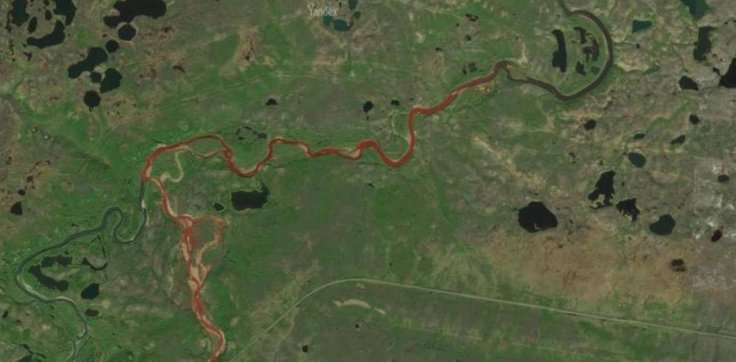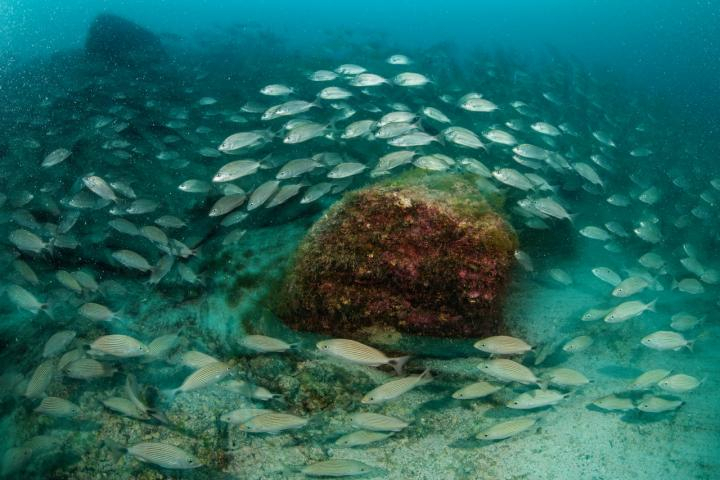Russian scientists and the World Wildlife Fund have raised alarm over a huge oil spill in the Black Sea. It has been reported that more than 100 tonnes of oil has been leaked into the Sea accidentally while filling oil in a Greek-flagged Crude Oil tanker, Minerva Symphony.
Scientists suspect the slick to be much more serious than initially reported and fear an adverse effect on the environment. Authorities have launched its surveillance and initiated an investigation on the same.

The leakage happened at the weekend at a sea terminal near the southern port city of Novorossiysk. The city is home to some of the popular beaches of Russia.
The Caspian Pipeline Consortium (CPC), owned by Russia's Rosneft, US oil giant Chevron and Italy's Eni, stated that the spill was confined and the leak of oil was estimated to spread over an area of 200 square metres. CPC also confirmed no threat to the local population or wildlife as the situation was under control.
However, WWF alleged that the slick was drifting north and the hazard over marine wildlife was unpredictable as the polluted area is doubted to be more than initially reported. There was no accurate information about the scale of the spill on the part of regulatory authorities, WWF said.

The Space Research Institute of the Russian Academy of Sciences has also joined the probe by monitoring the pollution and citing data through satellite images. It said in a statement that the oil slick has spread over a distance of 19 kilometres from the shore into the open sea on Sunday. As per the acquired data, it is believed that the spill might threaten the marine ecosystems, including the tourists and people residing in the polluted zone, Victoria Glushchenko of Greenpeace Russia said.
Dolphinarium staff at the resort town of Anapa confirmed witnessing an oil slick on the surface of the sea through a social media post. Nikolai Gorban, general director of CPC, has informed Nikolai Shulginov, the Energy Minister, about the spill clean-up and control.
Authorities said that a pollution probe was still ongoing.









